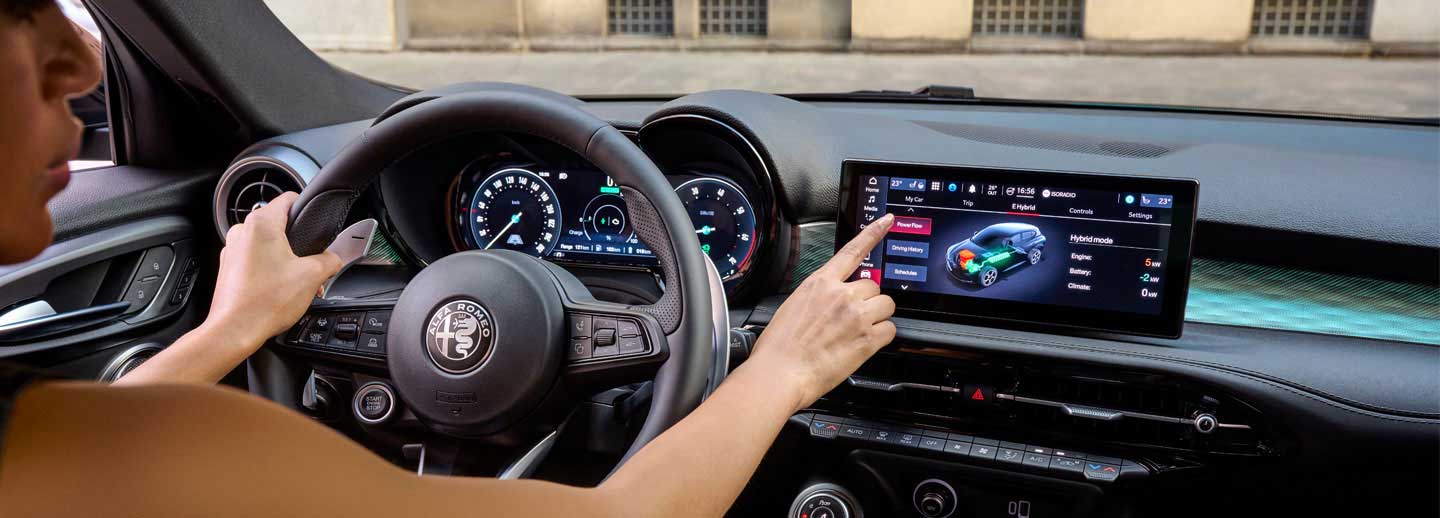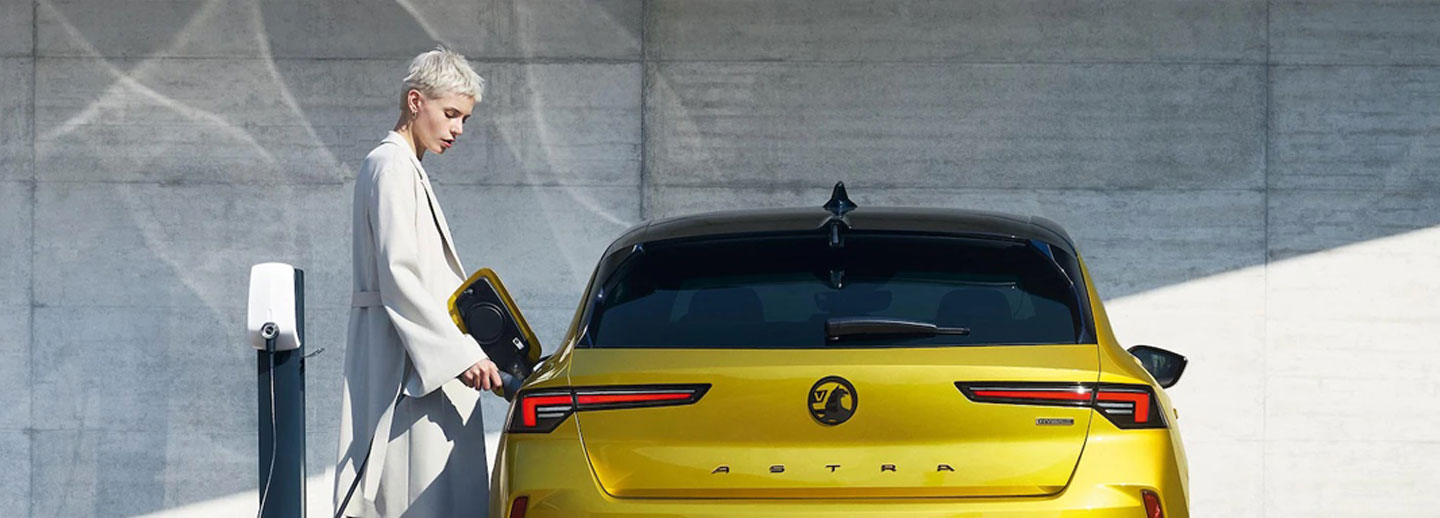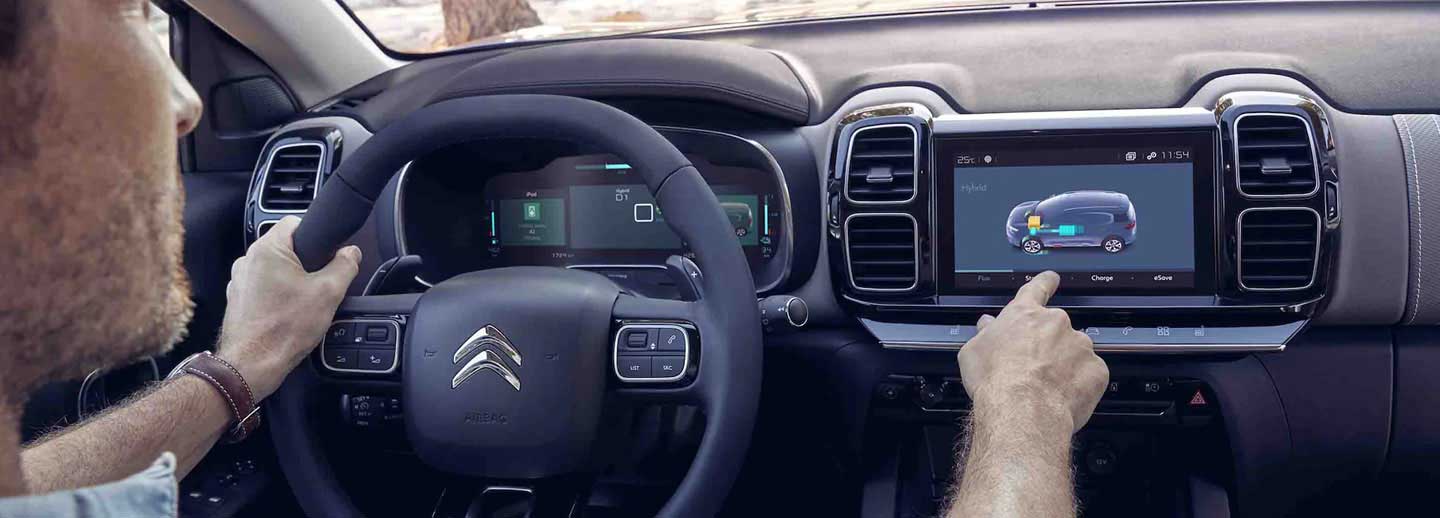In response to the growing impact carbon emissions and pollutants are having on the world’s health, more people are thinking of switching to an electric vehicle. Here we explore the environmental impact of an electric car to help you make an informed decision. Can switching to electric really have a positive impact on the environment?
What is the environmental impact of electric cars?
Are electric and hybrid vehicles really better for the environment?
It is well documented that cars with a standard ICE (internal combustion engine) produce a range of pollutants, as fossil fuels are burnt to generate the energy needed to power their engines. These include carbon dioxide, carbon monoxide and nitrogen oxides. Although there has been continued development to help reduce these amounts, these emissions continue to affect our own health and that of the world around us.
By not directly burning fossil fuels for energy, electric cars do not produce CO2 or the range of pollutants, which a standard ICE produces. In fact, there is a growing body of evidence that suggests switching to electric vehicles can have a positive impact on the environment.
With less pollutants coming directly from a car's exhaust, urban areas air can become cleaner. This helps take the pressure off those with lung and heart conditions, such as asthma.
These benefits will be particularly noticeable within a city environment, where short trips and idling cars in traffic are commonplace.
Are hybrid vehicles better for the environment?
Although hybrid vehicles are not as environmentally friendly as electric vehicles, in a city environment they will produce less emissions than an ICE. For low speed and short distance journeys a hybrid vehicle will use its electric motor to power the vehicle, reducing their output of emissions. Still, on longer journeys and at higher speeds a hybrid vehicle will often switch to using the ICE.
Reducing noise pollution in our cities, towns, and villages
According to the World Health Organisation (WHO), noise is second only to air pollution in terms of the impact it has on health. Not only can switching to an electric or hybrid vehicle reduce emissions, it can also help reduce noise pollution in urban and rural areas.
Electric cars are virtually silent. With more electric vehicles on the road, less noise pollution will be produced, helping protect our health and that of wildlife populations.
Truth be told, electric cars are so silent that in 2019 the UK government introduced a law which means all electric cars must create an artificial noise when reversing and travelling at under 12mph, just to ensure unsuspecting pedestrians were not accidentally injured.
Renewable energy and the future of electric cars
One argument frequently used against electric cars is that producing the energy to power electric cars still requires the burning of fossil fuels.
Although this remains partially true, times are changing. More of the world’s energy production is continuing to move towards renewable sources, with the cost of producing energy from solar and wind becoming increasingly more efficient.
As technology progresses it is likely the only environmental costs of running electric cars will come from their production and maintenance.
However, there is continued work in this field which aims to lessen the environmental impact of electric car production. This includes using recycled materials to create the chassis of the cars and creating closed loop manufacturing systems, where waste products from the cars get reused in their creation.
Recycling Lithium-Ion batteries
The production and longevity of the car batteries are also being worked on. The use of Lithium-ion has been criticised in the past, as when leaked, it can cause toxic environmental damage. However, in response to this companies are now offering battery recycling and “second life” schemes.
Flex & Free now available
Choose an electric vehicle for the right reason
Now you know how electric cars can have such a positive impact on the planet, are you a convert? If you’re interested in taking one for a drive, explore our electric vehicle hire and leasing options across our range of brands.



